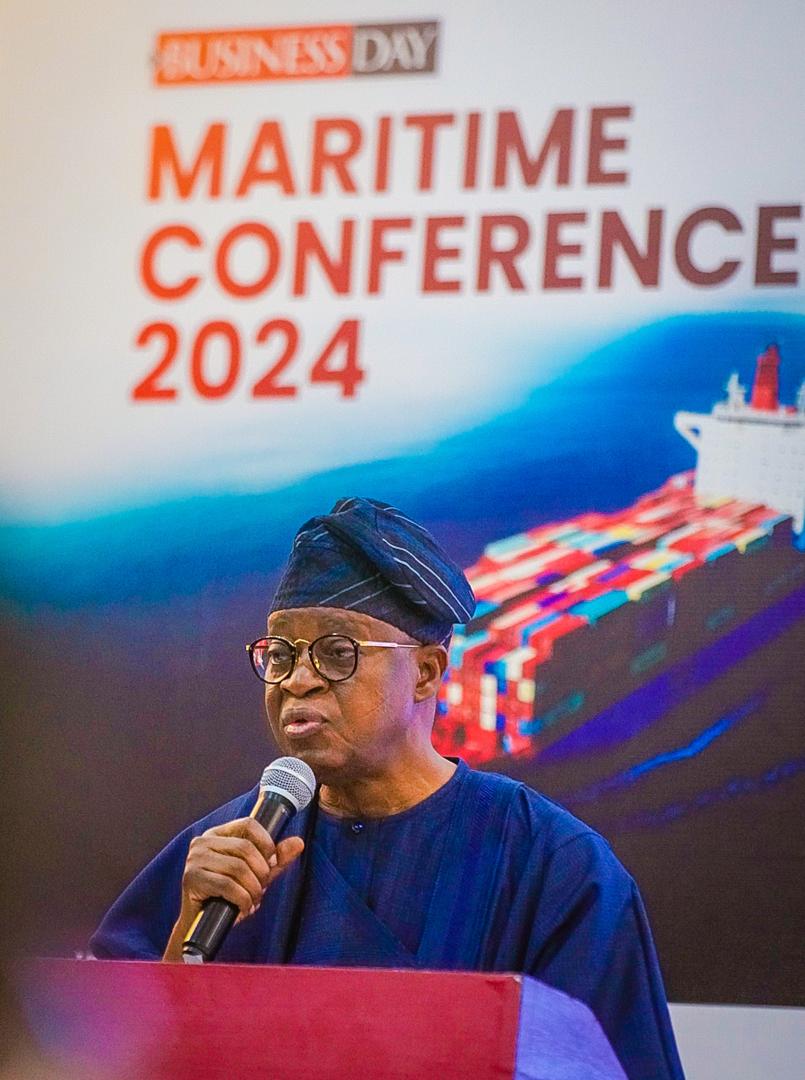The People’s Democratic Party (PDP) is navigating one of the most defining chapters in its history since its fall from federal power in 2015.
Once regarded as Africa’s largest political party, the PDP now finds itself entangled in a slow-burning internal crisis—one deepened, if not accelerated, by the actions of one of its most controversial figures: Nyesom Wike, former Governor of Rivers State and current Minister of the Federal Capital Territory (FCT) under the All Progressives Congress (APC) government.
Although Wike remains, at least nominally, a member of the PDP, he has publicly declared his support for President Bola Ahmed Tinubu’s second-term ambition. He even attended a recent high-level PDP strategy meeting convened to resolve the party’s protracted leadership and structural problems.
But rather than foster reconciliation, the gathering ended on a sour note, with Bauchi State Governor and PDP Governors’ Forum Chairman, Bala Mohammed, accusing the APC of stoking internal discord within the party.
The accusation, though not named, pointed unmistakably at Wike—a man increasingly seen as the APC’s Trojan horse within the PDP. Wike’s grip on the PDP, particularly in the South-South, cannot be ignored.
A two-term governor with strong grassroots machinery, he once wielded kingmaker status in the post-2015 era. However, the cracks began to appear after he lost the 2022 presidential primaries to Atiku Abubakar.
Wike had consistently argued that the PDP’s presidential ticket should have been zoned to the South, especially after President Buhari’s eight years in power. His demand reflected a broader expectation of equity within the party.
He believed the South had been shortchanged, particularly after the 2019 primaries in which he backed Aminu Tambuwal—only to be blindsided in 2022 when Tambuwal stepped down mid-contest to support Atiku, swinging key delegates Atiku’s way.
The final rupture came with the selection of the party’s vice-presidential candidate. Although a committee recommended Wike for the slot, Atiku opted for Delta State Governor Ifeanyi Okowa instead. That decision was perceived by Wike as a snub—and he did not take it lightly.
In response, Wike formed the now-infamous G5, or Integrity Group—a bloc of five aggrieved PDP governors. Their open opposition to Atiku in the 2023 elections and subtle alignment with Tinubu fractured the PDP’s internal cohesion at a moment when unity was desperately needed.
Though Wike has not formally defected from the PDP, his acceptance of a ministerial role in Tinubu’s cabinet is viewed by many party members as a defacto exit.
Yet, the PDP has hesitated to discipline him, fearing the ripple effects such a move might cause—particularly defections from loyalists in the South-South, a region that historically serves as the party’s financial and electoral backbone.
That hesitation is proving costly. Today, the PDP is split between Wike’s faction—buoyed by federal appointments and influence in Rivers and surrounding states—and the Atiku camp, which maintains a foothold in the North and among older party elites.
In Rivers State, Wike’s continued relevance is further cemented by the apparent reconciliation with Governor Siminalayi Fubara, following months of political feuding. If Wike succeeds in retaining influence over Rivers’ political structure, and continues to sway opinion in neighboring states, the PDP risks losing its most reliable zone to the APC.
The ripple effects are already visible. Defections and public endorsements of Tinubu’s second term have come from figures once loyal to the PDP, including Governor Sheriff Oborevwori of Delta State, former Vice Presidential candidate Ifeanyi Okowa, and legislators in both chambers of the National Assembly.
The situation becomes even more alarming when one considers the posture of Akwa Ibom’s Governor Umo Eno, who recently likened the PDP to a “damaged aircraft that refuses to fly.” His support for Tinubu, alongside Senate President Godswill Akpabio, signals another crack in the PDP’s southern wall.
At the center of the party’s northern bloc is Atiku Abubakar, the PDP’s most persistent presidential contender. However, after multiple unsuccessful bids and a failure to deliver victory even with strong traditional backing in 2023, fatigue is setting in.
If the northern establishment begins to view Atiku as unelectable, and no viable alternative emerges, the PDP may face further fragmentation.
There is growing talk of a mega-coalition involving the PDP, Labour Party (LP), New Nigeria Peoples Party (NNPP), and other opposition groups. In theory, such an alliance could present a formidable challenge to the APC. In practice, however, deep-seated rivalries and unresolved internal battles—especially within the PDP and LP—make that option difficult to actualize.
Peter Obi’s name continues to surface in speculations about a possible reunion with Atiku as running mate, a repeat of their 2019 ticket. While that pairing energized the youth vote back then, both parties currently deny any coalition talks, and legal and leadership tussles remain unresolved on both fronts.
Meanwhile, Wike continues to insist that the PDP must zone its 2027 presidential ticket to the South, positioning himself—or at least his allies—as potential beneficiaries. This demand, while popular in some quarters, is widely seen as a calculated effort to derail Atiku’s ambition, and may ultimately push the former Vice President out of the party.
What lies ahead for the PDP is not just another electoral cycle—it is a decisive moment that will determine whether the party evolves or collapses under the weight of unresolved contradictions. Wike’s dual allegiance, Atiku’s diminishing appeal, and the party’s inertia in enforcing discipline present a cocktail of challenges that cannot be ignored.
To survive 2027 and beyond, the PDP must find the courage to confront its internal demons, embrace reform, and offer Nigerians a clear and united alternative. Anything less will cement its slide into political irrelevance.





